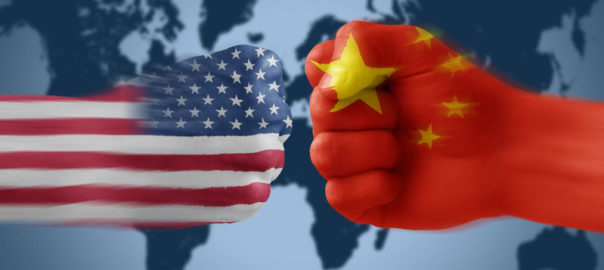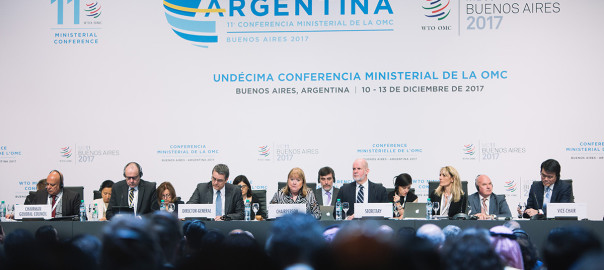By Oscar Ugarteche and Alfredo Ocampo | Guest Blog | February 28, 2019
The European economy is facing one of its greatest challenges in recent times. It ranges from slow economic growth, the Brexit, political crises and the emergence of right-wing populist forces, to a possible GDP slowdown contagion emanating from Germany. Some disagreements and uncertainty regarding Maastricht policies are adding to the risks for the economy of the old continent. International organizations have emphasized the need to generate certainty, boost the potential product and reinforce some fiscal aspects that will be…
By Oscar Ugarteche and Armando Negrete | Guest Blog | February 21, 2019
In mid-January 2018, the US president declared the trade war against China with the announcement of the tariff tax of 20% for imports of washing machines and 30% for solar panels. In March, he applied a tax on steel imports of 25% and aluminum of 10%. After that, since April, the US and China are engaged in the biggest trade war in history. With reprisals taken by China to each aggression. In December 2018, under the G20’s framework in…
By Biswajit Dhar | Guest Blog | December 15, 2017
The 11th Ministerial Conference (MC11) of the World Trade Organization (WTO) held in Buenos Aires ended without taking decisions on any of the issues on which the members of the organisation have been engaged on over the past several months. The organization has thus been left virtually without any substantive work programme and this should be considered as a failure of the organisation to deliver results.
Many would consider this outcome to be entirely acceptable, as the major pre-MC11 engagements…
By Biswajit Dhar | Guest Blog | September 13, 2017
The Xiamen BRICS Summit held in September 2017 was the ninth since this formation of emerging economies met in Yekaterinburg in June 2009. When the four original members of the formation (South Africa joined in 2011) met in the shadow of the worst economic downturn since the 1930s, there was a huge opportunity before the emerging economies to reshape the post-war multilateral economic governance, which continues to be under the dominating influence of the major economies. This is one…
By E.A.S. Sarma | Guest Blog | May 8, 2017
The recently issued Banking Regulation (Amendment) Ordinance is perceived by many as a magic bullet to resolve the NPA crisis that has overtaken the banking sector in India. The Ordinance authorises the Reserve Bank of India (RBI) to initiate insolvency resolution in respect of a defaulting company under the Insolvency and Bankruptcy Code, 2016, to issue directions to banks to resolve their stressed assets and institute committees to “advise” banks on resolution of stressed assets.
While the Ordinance certainly empowers…
Page 3 of 8«12345...»Last »





